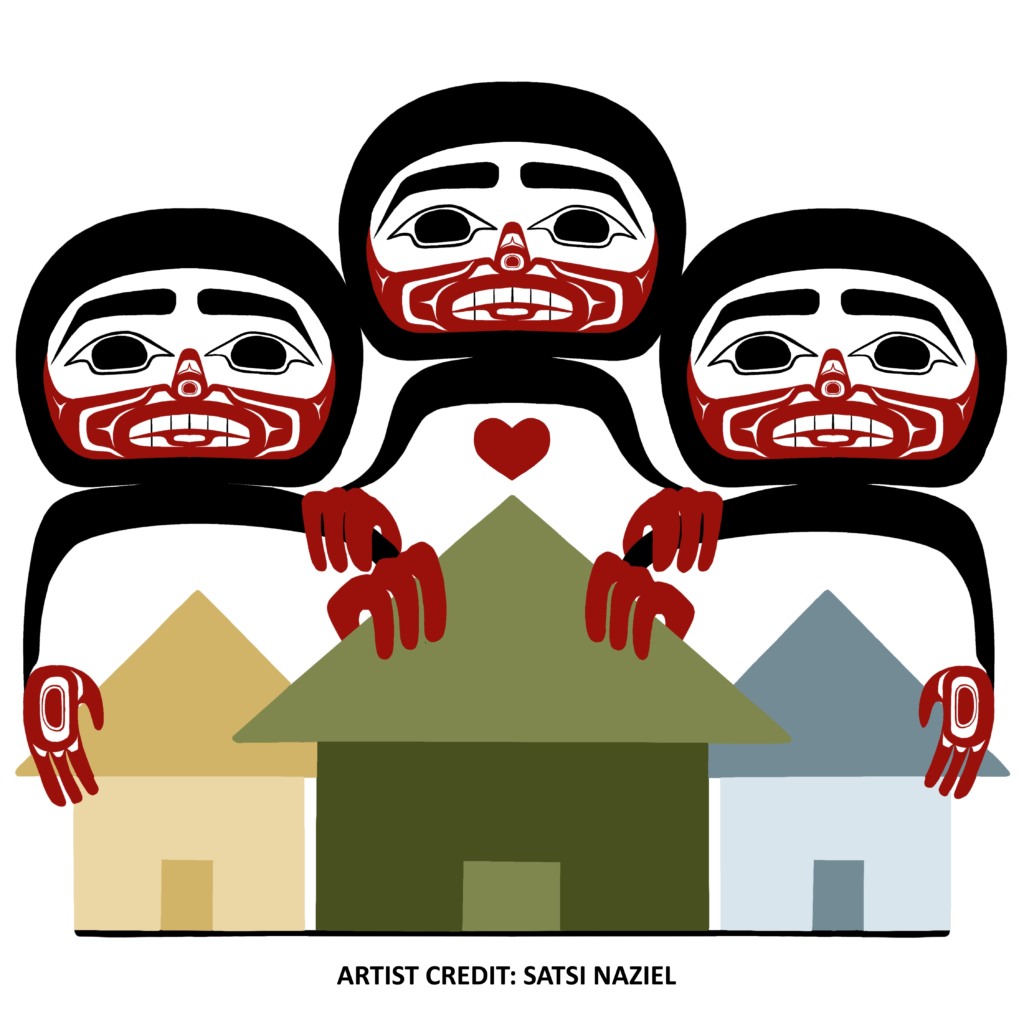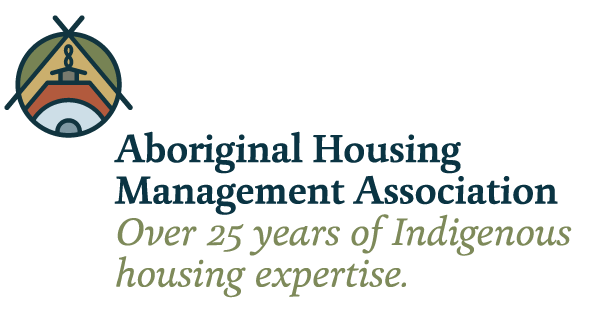
BC Indigenous Homelessness
AHMA regularly makes government submissions to advocate for more culturally safe, trauma-informed, and equitable approaches to Indigenous homelessness in BC. AHMA also currently serves as the secretariat for the Indigenous Advisory House on Homelessness (IAH). The aim of the IAH is to inform and drive Ministry policy and decision-making processes related to the implementation of the provincial homelessness strategy.
Explore the PiT Count Dashboard
This interactive dashboard brings together data from the 2021 and 2023 Point-in-Time (PiT) Counts conducted across British Columbia. Developed by AHMA, this tool supports Indigenous and non-Indigenous partners in understanding trends in homelessness, identifying service gaps, and informing community-led responses.
This platform is part of AHMA’s commitment to Indigenous data sovereignty and evidence-based advocacy for safe, culturally supportive housing across the province.

For any questions or comments, please reach out to ahmapolicy@ahma-bc.org.
2024
Indigenous Advisory House on Homelessness (September 2024 Update)
AHMA Summary of 2023 PiT Count Data on Homelessness in BC
AHMA Statement on CRAB Park Resident Displacement
Federal Housing Advocate’s report on encampments
Indigenous Advisory House (IAH, formally the Indigenous Advisory Council) on Homelessness Gathering
2023
National Working Group on Homeless Encampments Update
AHMA’s position on responding to DTES encampments prioritizes cultural safety & belonging
Transitional Village Model is a trauma-informed response to encampments
AHMA’s recommendations for BC’s Homeless Outreach Program and Homelessness Prevention Program
Solution to Downtown Eastside encampments requires a focus on human rights and reconciliation

